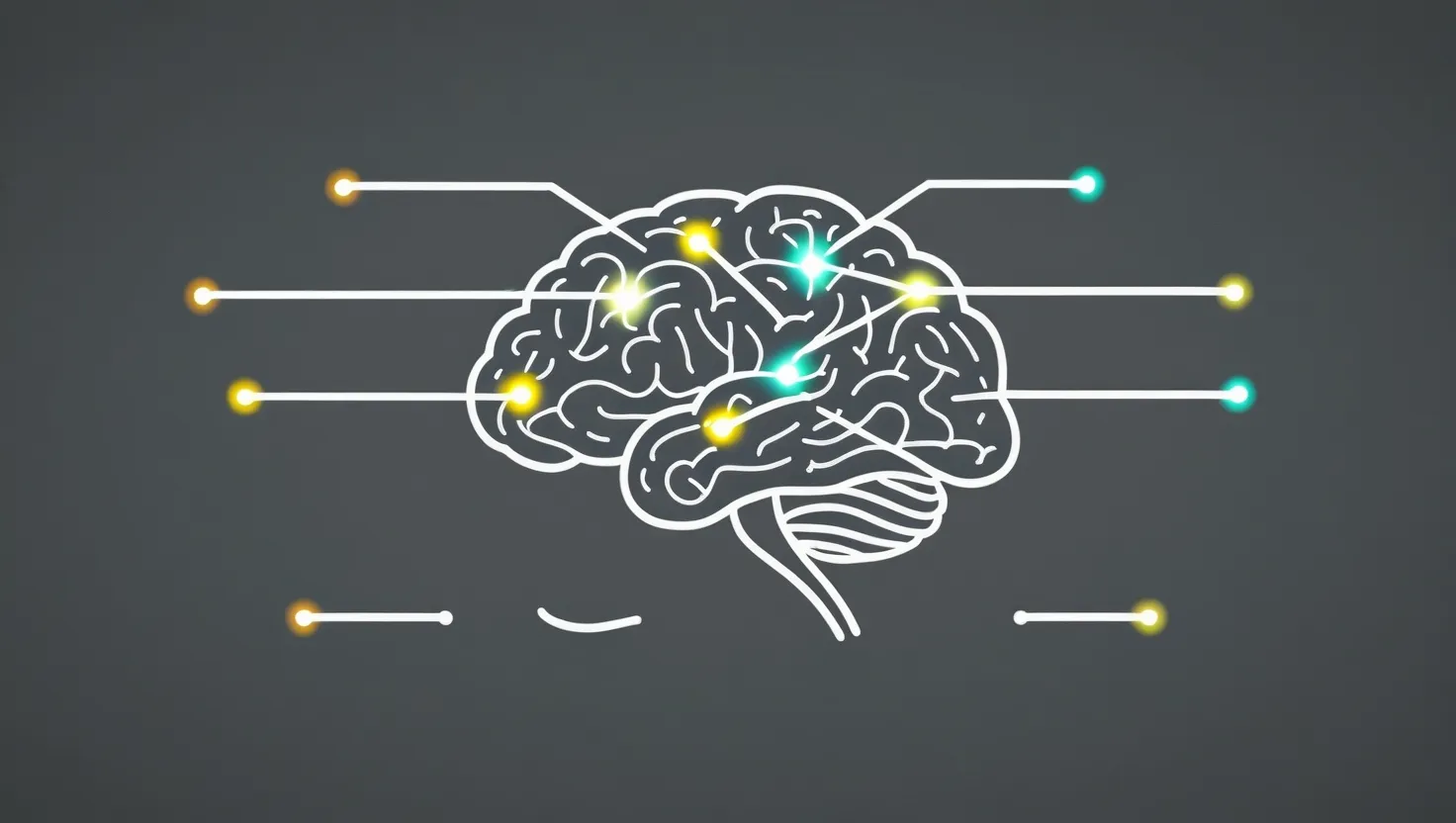Debt management feels like juggling flaming torches sometimes, right? With multiple credit cards, loans, and various bills to pay, it’s easy to feel overwhelmed. But don’t worry—there are strategies to help manage debt more effectively. Two popular methods are debt consolidation and debt settlement, but they work differently and have unique implications for your finances. Let’s break them down in a way that’s easy to understand.
Debt Consolidation: Simplify and Save
Debt consolidation sounds fancy, but it’s pretty straightforward. Imagine combining all your different debts into a single loan. This way, instead of juggling five different payments each month with varying due dates and interest rates, you just have one. Simple, right? For example, if you have five credit cards all with different due dates and interest rates, consolidating them into one loan could make life way easier.
To qualify for a debt consolidation loan, you typically need good to excellent credit. Basically, the better your credit score, the better the interest rate you can snag. Say your credit score has improved since you initially racked up all that debt. You could qualify for a lower interest rate on your consolidation loan, saving you some serious cash over time. For instance, if you’ve got $10,000 in debt spread across five credit cards with an average APR of 25%, consolidating into a loan with a 19% APR could save you nearly 27% in interest over five years. That’s like getting money back just for being more organized!
But there’s a catch—these loans can be either secured or unsecured. A secured loan means you put up collateral like your home or car. An unsecured loan doesn’t require collateral but may come with a higher interest rate. Another option is using balance transfer credit cards. These often come with 0% APR introductory periods, helping you tackle that balance without accruing more interest for a while.
The Upsides of Debt Consolidation
One of the biggest perks of debt consolidation is the chance to save on interest. High-interest debts can drain your wallet, but consolidating them into a single, lower-interest loan can cut down the total amount you pay over the life of the loan. Plus, having one payment instead of multiple can simplify budgeting and make for a less stressful month.
Over time, consistently paying your consolidated loan on time can also improve your credit score. You’re essentially proving you can manage credit responsibly. However, keep in mind that applying for a consolidation loan might cause a temporary dip in your credit score because of the hard credit inquiry.
Debt Settlement: The Last Resort
Debt settlement is a different beast. This strategy involves negotiating with your creditors to pay less than you owe. How does that work? You typically stop making payments to your creditors and save that money for a lump-sum settlement offer. Sometimes, debt settlement companies handle these negotiations, but you can also do it yourself.
This method is generally considered a last resort because it can seriously mess with your credit score. When you settle a debt, your account gets flagged as “settled” or “charged off” on your credit report, which can stick around for up to seven years. This can make it much harder to get credit in the future.
Plus, debt settlement often brings hefty fees. Debt settlement companies can charge 15% to 25% of the settled debt, and that’s before considering late payment fees or accrued interest. And don’t forget Uncle Sam—the IRS considers any forgiven debt over $600 as taxable income. So, you might end up owing taxes on the forgiven amount, adding another layer of complexity.
Picking Your Strategy
Choosing between debt consolidation and debt settlement hinges on your financial situation and goals. If you’ve got decent credit, can afford your debt, and want to streamline payments while possibly saving on interest, debt consolidation is probably the way to go. This route lets you pay off your full principal balance while benefiting from a lower interest rate and single monthly payment.
On the flip side, if you’re struggling to make payments, have bad credit, and are in serious financial distress, debt settlement might be more appropriate. This option can provide immediate relief by reducing the amount you owe, but it comes with substantial risks to your credit score and potential tax hiccups.
Real-Life Scenarios
Let’s look at some real-world examples. Imagine you’ve got $20,000 in credit card debt spread across four cards with an average APR of 22%. If you consolidate this debt into a personal loan with an 18% APR, you’ll only have one monthly payment to worry about and could potentially save thousands in interest over the life of the loan. Now, if you opt for debt settlement instead, you might negotiate to pay $15,000. Sounds good, right? But this will harm your credit score and could result in tax liabilities.
Key Tips for Debt Management
Whatever strategy you choose, approaching debt management with a well-thought-out plan is super important. Do your homework and compare options—different lenders offer varying interest rates, fees, and repayment terms. Consulting a nonprofit credit counselor can provide personalized advice, too. They’re the real MVPs when it comes to navigating these tricky waters.
Keep an eye on your credit. Monitoring your credit reports and scores helps ensure your debt management strategy isn’t backfiring. And, avoid scams! Keep an eye out for companies promising quick fixes or charging high upfront fees. Legitimate debt consolidation and settlement companies will have transparent fee structures and solid customer service.
Wrapping It Up
Managing debt effectively calls for a careful understanding of your financial situation and the strategies at your disposal. Debt consolidation and debt settlement offer different paths, each with its own benefits and drawbacks. Grasping how these methods work and selecting the one that best fits your needs can lead to significant strides toward financial stability and a healthier credit profile.
In essence, debt consolidation tends to be a safer, more manageable route for individuals with good credit who can afford their debt and aim to cut interest costs. Debt settlement, while offering potentially immediate relief, carries significant risks and should be the last option you consider. By making well-informed decisions and sticking to your game plan, you can tackle debt head-on and inch closer to a more secure financial future.
And hey, remember: Financial stability isn’t just a dream—it’s achievable with the right approach and a dash of perseverance. Keep pushing forward; you’ve got this!






